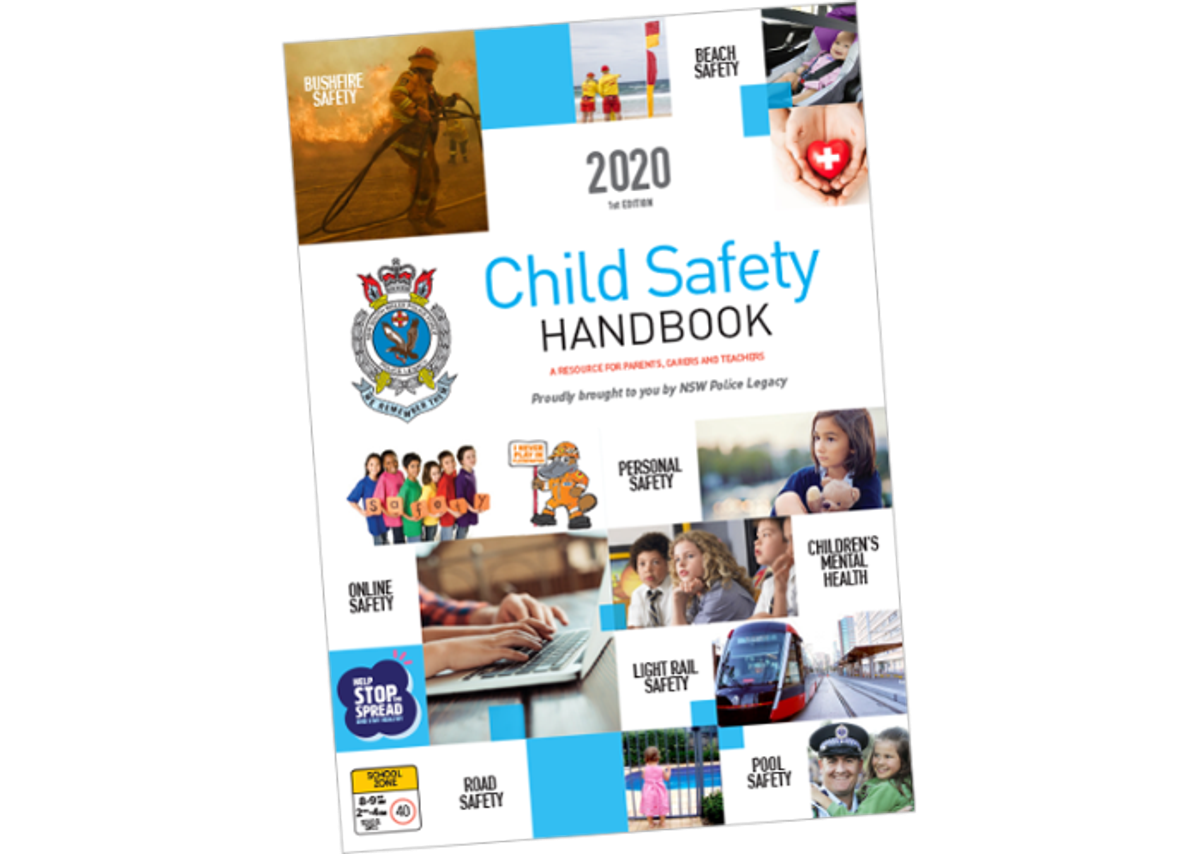
Parenting Page
Working closely with your child’s teacher this year
by Michael Grose
In my work as a presenter and educator I’ve visited hundreds of schools, spoken with hundreds of school leaders and worked with many educational innovators and researchers at the forefront of modern education. These people and experiences have given me valuable insights into what makes great schools tick.
Strong parent–teacher relationships are one of the hallmarks of all great schools. They’re a major contributor to student success. The research into schooling across the Western world reveals that positive parent–teacher partnerships are a more significant factor in student success than parent income levels or social status.
However, parent–teacher relationships require effort and energy from both parties if they are going to really benefit children and young people.
Way to help form strong bonds with your child’s teachers this year:
Knowing (building affinity)Know – the first element – requires you to be both proactive and patient. Proactive because you need to be willing to meet and work at maintaining relationships. Patient because it may take some time to build a working relationship. For your partnership to be meaningful and successful you need to meet with your children’s teacher(s) with the goal of forming a respectful professional relationship. Share your aspirations for your child and be willing to build the teacher’s knowledge about your family.
Get to know your child’s teachers’ aspirations and gain an understanding of their approach and the focus they have for this particular year group. Also commit to continuing to know what’s going on in the life of your child’s classrooms as well as the life of the school on an ongoing basis.
Supporting (building trust)Children need to know that you are fully behind what their teachers are trying to achieve if they are going to commit fully to learning. The best way to support your child’s teacher is to trust their knowledge, professionalism and experience. Avoid the temptation to question the expertise of teachers in front of students, particularly when the teachers use methods that you are unfamiliar with. Initiate conversations with teachers around methodology to give them the chance to explain the approach they are taking.
Participating (building links to student learning)Participation – the third element – takes into account the level of parent engagement in student learning. There’s a huge body of research that points to the correlation between parent engagement in student learning and their educational success. If you want your child to improve his learning, take an interest in what he is doing. Follow school and teacher guidelines about helping at home and attend as many conferences, meetings and events involving your child as possible. This simple strategy has a significant, long-term impact.
Communicating (building relationships)Life’s not always smooth sailing for kids of any age. Family circumstances change. Friends move away. Illness happens. Mental health challenges can hit anyone at any time. These changes affect learning. Keep teachers up to date with significant changes or difficulties that your child or young person experiences so they can accommodate your child’s emotional and learning needs at school.
Advocating (building loyalty)Advocacy – the last element – means that you talk teachers and your school up rather than tear them down among children and the wider community. Teachers hold very public positions and generally work hard to build good reputations both within their school and their wider education community. Consider a teacher’s reputation among the community and also with children when you discuss educational matters with others.
Building parent–teacher relationships doesn’t just happen. They take good will from both sides, a commitment to setting aside the time necessary to support the home-based learning tasks that are expected, and a willingness to communicate both concerns and commendations through the correct channels.
Parent–teacher relationships – long may they prosper!
Michael Grose
Michael Grose, founder of Parenting Ideas, is one of Australia’s leading parenting educators. He’s an award-winning speaker and the author of 12 books for parents including Spoonfed Generation, and the bestselling Why First Borns Rule the World and Last Borns Want to Change It. Michael is a former teacher with 15 years experience, and has 30 years experience in parenting education. He also holds a Master of Educational Studies from Monash University specialising in parenting education.
NSW Police Legacy Child Safety Handbook 2020
The “NSW Police Legacy Child Safety Handbook” is a comprehensive resource to assist parents, carers as well as teachers on a range of topics essential to child safety.
The handbook, now online, has been updated to include key messages about COVID-19 safety and bush fire safety given the unprecedented fires we experienced earlier this year.
The updated online edition (link below) also includes important content updates from: NSW Ministry of Health, NSW Police Force, Fire and Rescue NSW, Rural Fire NSW, Transport for NSW, Sydney Trains, NSW Department of Family & Community Services, eSafety Commissioner and NSW Office of the Children's Guardian.
Please click on the cover below to view the updated digital handbook:
Is your child OK?
How is your child going at the moment? In the busyness of life, perhaps still working from home due to COVID-19, and restrictions on many of your children's usual activities, some children may be struggling a little. Some of these apps might be useful for you in supporting your child's mental health.
Smiling Mind
Smiling Mind is a unique web and App-based program developed by a team of psychologists with expertise in youth and adolescent therapy, Mindfulness Meditation and web-based wellness programs. Smiling Mind is a free tool that will assist in improving the lives of young Australians, and is available online or as a smartphone App. Smiling Mind’s mission is to provide accessible, life long tools based on mindfulness meditation. Creating happier, healthier, and more compassionate young people.
Calm
Calm produces meditation products, including guided meditations, a book, narrated Sleep Stories, and health and meditation videos. Their primary product is the meditation app, available on iPhone and Android devices. The app aims to help users sleep better, boost confidence and reduce stress and anxiety, all with the help of guided meditations, soothing music, and bedtime stories.
How can you help your child recover after school?
Here are three essential things you can do to help your child with their learning and improve relationships.
- RELAXATION- give your child/ren time for relaxation. Plan some quiet time for recovery.
- SLEEP- make sure your child/ren are getting enough sleep. At least 10 hours is good. Good sleep improves your child's ability to retain memory and learning from the day. Watch this clip What Would Happen If You Didn't Sleep?
- EXERCISE - will help your chil/ren improve well being.
What can I do if my child is experiencing a problem at school?
by Michael Grose
Need Help with Devices and the Internet at Home?
The eSafety Commissioner website helps Australians to have safer, more positive experiences online. The site has a parent page that provides advice for parents and carers to help children have safe experiences online. eSafety Commissioner.
ADDITIONAL SHORT ARTICLES FROM 'PARENTING IDEAS'





